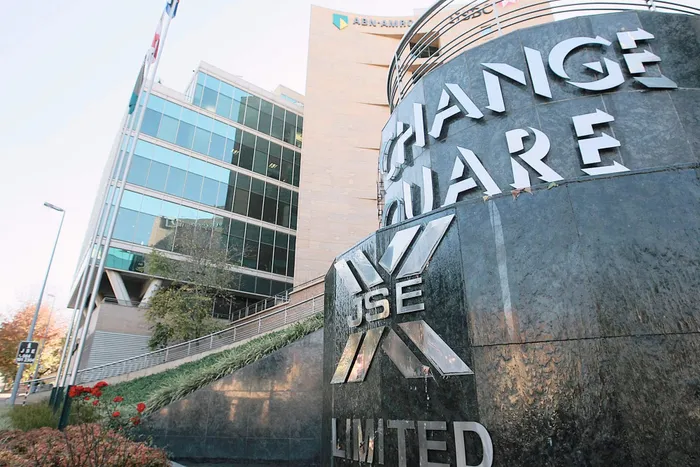OPINION: Financial markets remain under pressure

AYO will be listed in the ‘Computer Services’ sector of the main board of the JSE on Thursday. Photo: Simphiwe Mbokazi/African News Agency (ANA) AYO will be listed in the ‘Computer Services’ sector of the main board of the JSE on Thursday. Photo: Simphiwe Mbokazi/African News Agency (ANA)
JOHANNESBURG - Since the beginning of the year, financial markets in South Africa have remained nervous, volatile and even weaker.
This despite the record levels in share prices on Wall Street almost every day. The Dow Jones industrial index broke easily through the 25000 points and in early trade last Friday reached 25750 points. This was 3.5percent higher than at the start of the year and 31.3percent higher than a year ago.
The S&P 500 index has increased by 3.6percent since the end of December and is now 23.4percent higher than a year ago.
The continuous strong increase in US production, with unemployment as low as 4.1percent, together with an inflation rate of lower than 2percent, is boost buying sentiment on US stock markets.
The World Bank in its latest global economic prospects expects that the US and the world economy will grow strongly this year at levels exceeding 3percent. Growth for Sub-Saharan Africa is expected to be 3.1percent against a moderate 1.1percent for South Africa.
Against this positive sentiment not only in the US, but also in Europe and in the Far East, share prices on the JSE moved sideways.
The all share index gained 0.6percent last week and is 0.9percent higher since the end of December. However, this is 17.8percent higher than a year ago.
Despite the weaker rand last week, that normally is favourable for rand hedging stocks. The industrial index lost 0.2percent, while the financial index was down by 1.8percent.
Property shares also remain under pressure as the listed property index lost 4.8percent during last week alone. Over the last year this index had lost 6.2percent.
On the capital markets, the demand for bonds also remains weak and the ALBI has gained only 0.24percent since the start of the year.
The rand also has lost steam since the beginning of the year. After the strong appreciation of the currency during the second part of December, due to the election of Cyril Ramaphosa as the president of the ANC, a lack of fundamental economic data. The rand had depreciated to R12.41 to the dollar on Friday afternoon, or almost 1 percent weaker than the previous week.
Dr Chris Harmse is chief economist at Rebalance Fund Managers.
The views expressed here are not necessarily those of Independent Media.
- BUSINESS REPORT